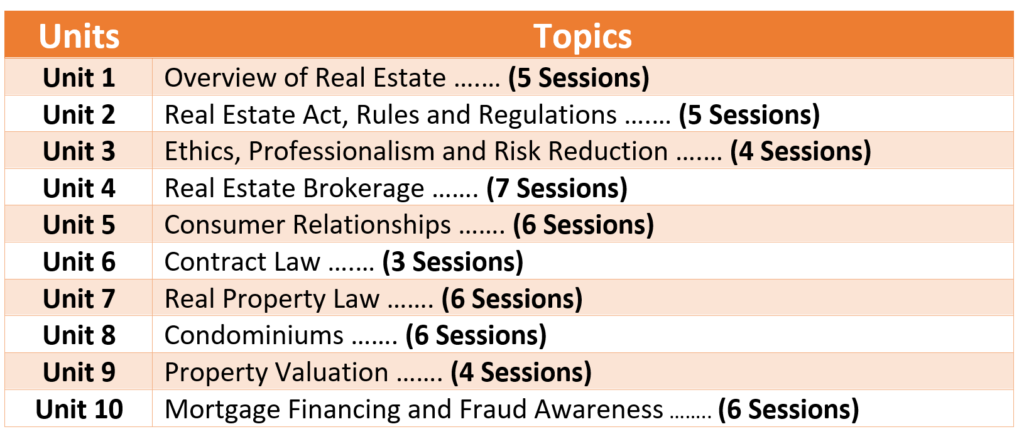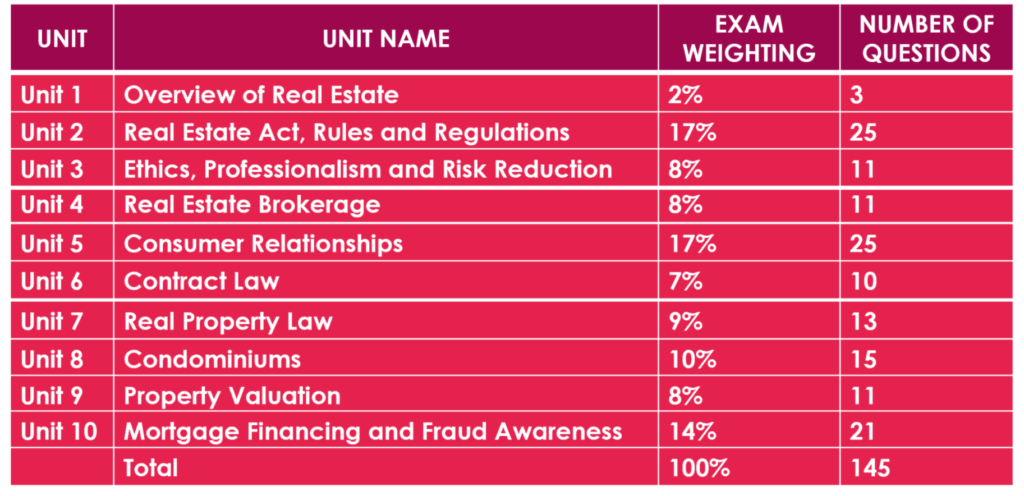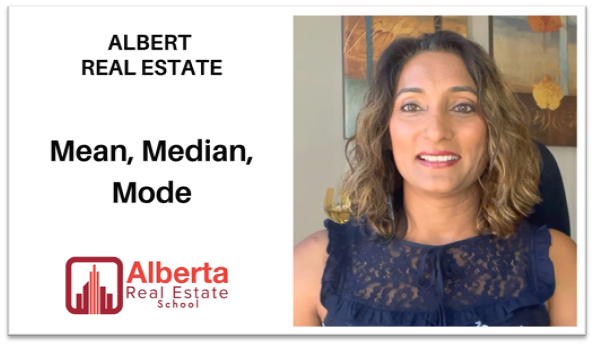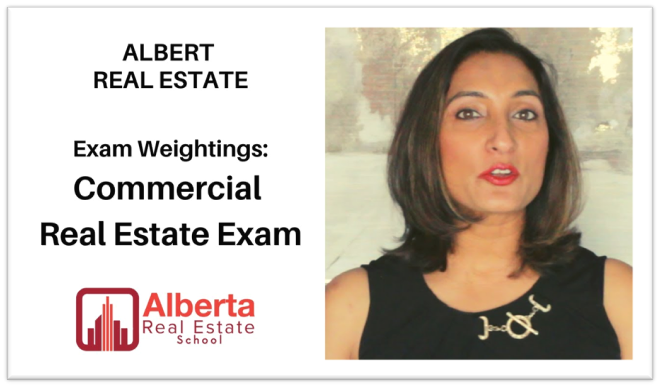When you first get your real estate license it may seem like everyone has their hand in your wallet. There are fees for your licensing course, study guides, real estate exam, broker start-up fees and the list goes on. As a new real estate agent, you do have to think of this as starting a new business, and with every new business, there are start-up costs and expenses as a Real Estate Agent!
Managing your expenses, especially business expense is a hefty task and should be done with consideration and planning. And planning starts with getting an idea of the upcoming expenses beforehand. Thus, let’s take a look at the list of the top expenses you can expect once you become a Real Estate Agent.
Let’s look at some of the average expenses and fees as a new real estate agent, including:
[1] Brokerage Costs
Brokerage Cost is the most basic, common, and one of the mandatory costs that you must incur once you become a Real Estate Agent. This is a Monthly Expense i.e., it comes in every single month.
To diversify further, there are 2 types of Brokerage Costs –
- Flat Monthly Fees: The amount you are paying every month to your brokerage
- Commission Fee: Commission Payment per deal
The brokerage costs can vary from Brokerage to Brokerage. To become licensed as a real estate agent, you must join a brokerage company. There is a wide range of how much the Brokerages cost you every month. There are some brokerages that won’t charge you a monthly fee but then their commission split will be high. The monthly fees can be as low as $0, or it could reach up to $100 per month.
Additionally, there may be a higher Commission split ranging from $300 to $500 or even $1500. It really depends on the type of brokerage you join. Their expertise and offerings will dictate the monthly fees that they will charge. In terms of the Commission Splits, they can vary from $0 so that you are not splitting your commission, but it is a deal fee. It could be either between a range of $275 – $600 or higher; or there may be a Percentage Commission Split. It could be any % ranging from 20% to 50%.
[2] Professional Fees
Professional Fees refers to Licensing Fees & Real Estate Insurance Fees that you pay every year to the Regulatory bodies of Real Estate in your province.
A. Licensing Fees: For licensing fees in Alberta, we have RECA (Real Estate Council of Alberta). RECA charges Annual Professional Fees every September 30th. We need to renew our license, and these are the licensing fees that we pay to RECA. The amount for Licensing Fees varies around $650.
B. Errors and Omissions Fees: The Insurance Board for Real Estate Agents in Alberta is REIX (Real Estate Insurance Exchange). We pay the REIX Fees on September 30th. Average costs for E&O coverage are usually $500 to $1,000 per employee, per year.
C. Membership Fees: These fees are Annual Fees paid again to the Real Estate Board of the Province [AREA (Alberta Real Estate Association) in Alberta]. The Membership Fee in Alberta varies around $2,500 annually.
[3] Transportation
A lot of times you, as a Real Estate Agent will physically drive your clients around for various purposes including showing different properties of their choice and many more. So during that time you are going to incur different types of expenses including Gas, Snacks, Water, etc. Whether you’re driving the clients around or not you still have to go to the site location to show it to your clients and this is where you are going to need transportation costs. This will also include maintenance and repairs. Thus, when going into a real estate business make sure you do account for these types of costs.
[4] Marketing
Another type of cost that we must incur will be the marketing cost. Real Estate Agents are a kind of free-lancers and will have to market themselves to get clients. Thus, although this expense is optional, it is a must for agents, especially in today’s time.
For most parts, marketing costs will be covered by the real estate agents. These can include all types of marketing costs from business card printing, marketing through flyers, physical hoardings, sign boards, newspaper ads, and magazine articles to online ads on search engines or various social media platforms, website, or blog costs, photoshoots, MLS (Multiple Listing Services) Fees, and much more.
[5] Operations
These would include things like Supplies and Utilities. For example, stationary items, printers, phone bills, internet bills, computer/laptop, etc. These are petty expenses with small utilities but are still important to run smoothly. Thus, make sure when you plan the expenses for the year, you keep a healthy operations budget aside.
Additional Tip: As a real estate agent, you are considered an independent contractor. You own your own business. Because of that, many of the real estate costs referenced above are considered business expenses and can be tax write-offs. Make sure you keep all the receipts and talk with your CPA about any other possible write-offs that might be available to you as a new agent, such as your car lease or home office.
These are some of the major expenses that you will manage as a Real Estate Agent. Make sure to define each of your expenses in a suitable category and maintain your budget sheet regularly. This will help you to analyze your real estate expenses in the best way possible.

RECA has gathered a Complete list of Fees and Expenses that can be incurred by a Real Estate Professional in Alberta. Have a look.
Join Alberta Real Estate School for expert help with understanding the concepts of Real Estate and getting uncommon and detailed tutoring sessions summarized as per your needs. Get our personalized Notes designed to get you through the Real Estate Exams in the first attempt! Visit our list of Real Estate Tutoring Sessions for details.
If you have any doubts for Exam Preparation of any of the real estate courses or topics, reach out to us directly at 587.936.7779.
You can also listen to this article in the podcast above. We Hope you found this information useful. Stick to us for more updates.
Happy Realtoring!!














